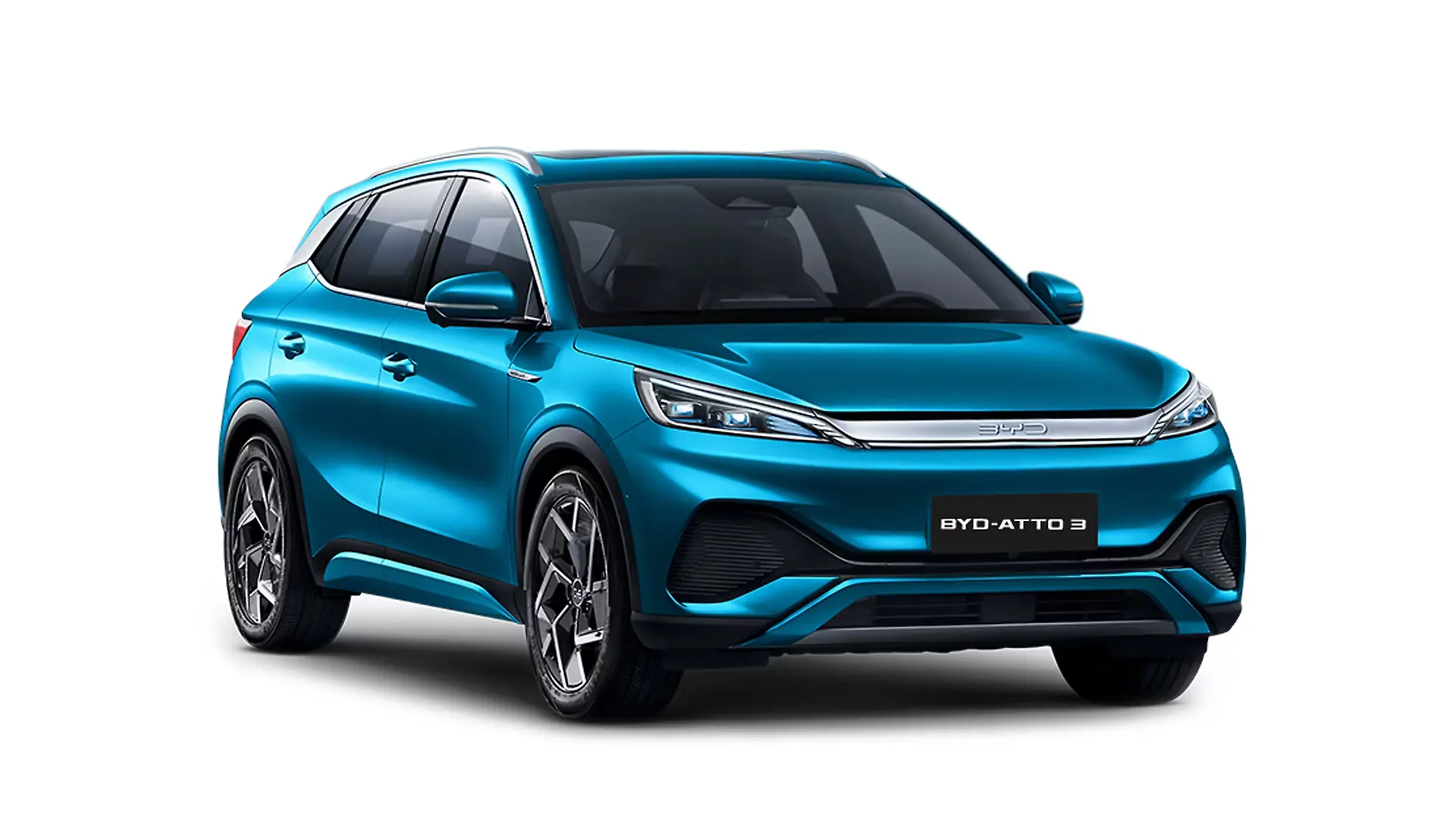Key points
- BYD has shelved its plan to invest US$ 1 billion in India.
- The company’s investment proposal was rejected by the government of India.
- The decision is likely due to security concerns, but it also reflects the growing political tensions between India and China.
- BYD is not the only Chinese automaker that has faced challenges in India.
- The Indian government is taking a cautious approach to Chinese investments.
Here are some additional details
- BYD is the largest producer of EVs and plug-in hybrid vehicles in the world.
- The company had plans to build a range of EVs, from hatchbacks to luxury models in India.
- Currently, BYD offers two models in India – the Atto 3 electric SUV and the e6 MPV.
- The government’s rejection of the investment proposal is a significant setback for BYD’s plans to expand into the Indian market.
- It will be interesting to see how BYD responds to this setback and whether it will attempt to revive its plans for India in the future.
- The Indian government’s cautious approach to Chinese investments is likely to continue shortly.

Details
Clear BYD’s decision to pull out of the India investment is a significant setback for the company’s plans to expand into the Indian market. The government’s rejection of the investment proposal is likely due to security concerns, but it also reflects the growing political tensions between India and China. It will be interesting to see how BYD responds to this setback and whether it will attempt to revive its plans for India in the future.
BYD is not the only Chinese automaker that has faced challenges in India. In recent years, several other Chinese car companies have also had their investment proposals rejected by the government.
Few Chinese car companies have had their investment proposals rejected by the Indian government. These include:
- Great Wall Motor: In 2022, Great Wall Motor’s proposal to invest $1 billion in India was rejected by the government. The company had planned to build a manufacturing plant in Maharashtra.
- BYD: In 2023, BYD’s proposal to invest $1 billion in India was rejected by the government. The company had planned to build an electric vehicle manufacturing plant in Hyderabad.
- SAIC Motor: In 2021, SAIC Motor’s proposal to invest $1 billion in India was rejected by the government. The company had planned to build a manufacturing plant in Gujarat.
The reasons for the government’s rejection of these investment proposals are not fully clear. However, it is likely that the government is concerned about security risks and the potential for Chinese companies to dominate the Indian market.
This suggests the Indian government is taking a cautious approach to Chinese investments and that it is not yet ready to welcome Chinese automakers with open arms.
Is it a loss to India?
The rejection of Chinese car companies’ investment proposals is a loss to the Indian government. These companies would have brought in billions of dollars in investment, which would have created jobs and boosted the economy. They would also have helped to develop the Indian automotive industry, which is still in its early stages.
In addition, the rejection of these investment proposals sends a negative signal to other foreign investors, who may be less likely to invest in India if they believe that their investments are not welcome. This could have a negative impact on the Indian economy in the long run.
However, it is important to note the Indian government has its own reasons for rejecting these investment proposals. The government is concerned about security risks and the potential for Chinese companies to dominate the Indian market. These are legitimate concerns, and the government has a right to protect its interests.
Ultimately, the decision of whether or not to accept Chinese investment is complex. There are both pros and cons to consider, and the government will need to weigh these carefully before making a decision.
Conclusion
Ultimately, the decision of whether or not to accept Chinese investment is complicated. There are both pros and cons to consider, and the government will need to weigh these carefully before making a decision.
Here are some of the key points to consider:
The potential benefits of Chinese investment include:
- Increased investment in the Indian economy
- Creation of jobs
- Boost to the Indian automotive industry
The potential risks of Chinese investment include:
- Security risks
- Chinese companies dominating the Indian market
- The government’s loss of control over strategic industries
The Indian government will need to weigh these factors carefully before making a decision about whether or not to accept Chinese investment. There is no easy answer, and the decision will likely have a significant impact on the Indian economy in the years to come.



































